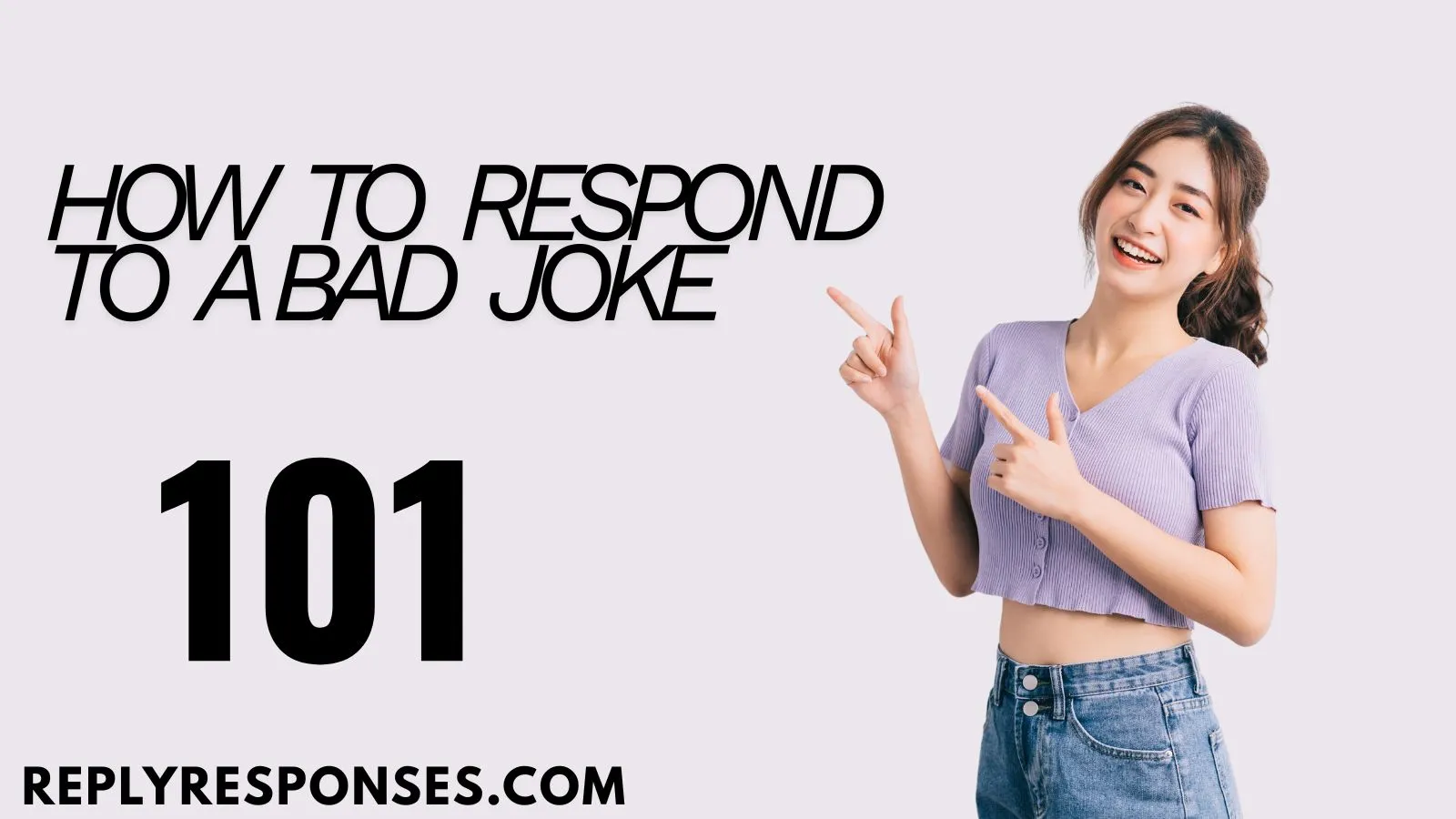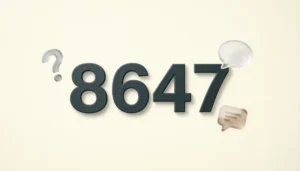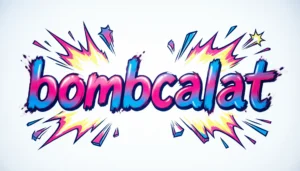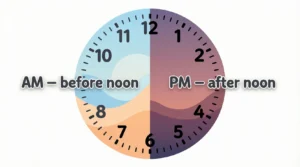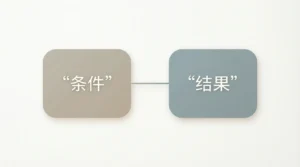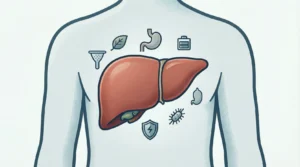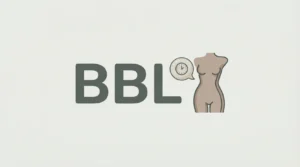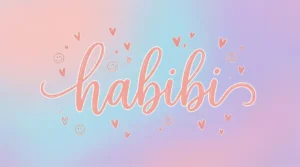Ever been trapped in that awkward moment when someone drops a “joke” so bad it makes silence sound louder? 😅 Yeah, we’ve all been there.
Whether it’s your boss, your crush, or that one uncle who thinks he’s the next stand-up star, knowing “101+ How to Respond to a Bad Joke Without Making Things Awkward 2025” might just save your social life.
This guide is your cheat sheet to smiling, surviving, and escaping those cringey punchlines with style. Let’s laugh with them… or at least pretend to.
How to React Politely to a Bad Joke

- Give a small smile and nod.
- Say something like hey nice try.
- Offer a polite chuckle and move on.
- Change your tone a little: oh that one was… interesting.
- Make a minimal laugh: heh, okay.
- Acknowledge effort: thanks for trying something.
- Say I see where you were going with that.
- Use a light tone: brave attempt.
- Go with quietly letting it pass.
- Keep eye contact and then shift the topic.
- Use a neutral “hmm” and then ask a question.
- Say: that was different.
- Say: you caught me off guard with that one.
- Express understanding: humor’s tricky sometimes.
- Say: I appreciate you telling it anyway.
- Use gentle humor: that one could use a little work.
- Say: let’s park that and talk about something else.
- Offer a soft compliment: you’ve got guts to joke like that.
- Say: that one felt a bit flat, but thanks.
- Use a redirect: cool joke, by the way what about…
- Say: thanks for the laugh… well, almost a laugh.
- Use self-dep-humour: if I told that I’d bomb too.
- Say: we’ll mark that one for next time.
- Use a mild laugh: hah, you’re trying.
- Say: you’re brave.
- Use a neutral question: so what made you pick that one?
- Say: I think I’ll need a drink after that.
- Use silence for a beat, then change topic.
- Say: I’ll remember that line… maybe.
- Use: good effort — now let’s move on.
How to Use Humor to Defuse an Awkward Joke

- Say: that one just broke the sound barrier of bad jokes.
- Say: I’d laugh, but I’m afraid it might encourage you.
- Use: I’m pretty sure even my dog didn’t get that.
- Say: thanks for the effort — comedy’s hard.
- Use: that’s going into my “attempted jokes” scrapbook.
- Say: wow, I think my brain froze.
- Use: your joke just filed for retirement.
- Say: you’ve achieved peak cringe… and I respect it.
- Use: hold my coffee, I’ve got worse.
- Say: I owe you a laugh, and I’m paying tomorrow.
- Use: if bad jokes were an art form you’d be Picasso.
- Say: well done, you cleared a room.
- Use: I’d call that a dad joke on steroids.
- Say: not sure if that was a joke or a test.
- Use: I’m still processing… okay, done processing.
- Say: that was so bad it was almost good.
- Use: next time try your best at OK rather than bad.
- Say: I live for these groan-worthy gems.
- Use: congratulations on inventing a new level of awkward.
- Say: I’m going to tell people about that… maybe regretfully.
- Use: that joke just lowered the world’s humor bar.
- Say: I laughed so hard I forgot to laugh.
- Use: your joke is like my bank account — empty.
- Say: I have to go lie down after that one.
- Use: I’m not saying that was bad, but my ears filed a complaint.
- Say: I think that joke expired in transit.
- Use: you’re lucky we’re friends.
- Say: thanks for the attempt, let’s pretend it landed.
- Use: I think your joke has been revoked.
- Say: is that a joke or a cry for help?
- Use: I think we’ll archive that one for history.
Best Responses When the Joke Is Offensive or Crosses a Line
- Say: I’m not okay with that kind of humor.
- Use: that comment felt disrespectful.
- Say: I know you meant it for a joke, but it landed wrong.
- Use: let’s keep it respectful please.
- Say: I feel uncomfortable with what you just said.
- Use: maybe that joke is better left unsaid.
- Say: I value a safe space and that didn’t fit.
- Use: can we pivot to something else?
- Say: I don’t think that was funny in this setting.
- Use: I’d prefer we keep our humor light.
- Say: tone and audience matter.
- Use: that topic might hit people the wrong way.
- Say: I think it crossed from joke to insult.
- Use: we all want to laugh but not at someone’s expense.
- Say: this doesn’t feel like harmless fun to me.
- Use: I’m letting you know that landed unpleasantly.
- Say: intention matters, but so does impact.
- Use: maybe we can rethink that direction.
- Say: uncomfortable humour can hurt more than help.
- Use: can we leave that topic?
- Say: I felt that joke was aimed rather than playful.
- Use: let’s keep our jokes inclusive.
- Say: that joke made me wish I hadn’t heard it.
- Use: we all make jokes — but let’s watch the target.
- Say: please be mindful of how others might feel.
- Use: I know you maybe didn’t mean harm, but it hurt.
- Say: thanks for sharing, but I’m going to step away from that.
- Use: we’re better than jokes that hurt people.
- Say: this isn’t the time or place.
- Use: apology accepted if you meant no harm.
- Say: let’s reset and keep it respectful.
How to Change the Subject After a Bad Joke
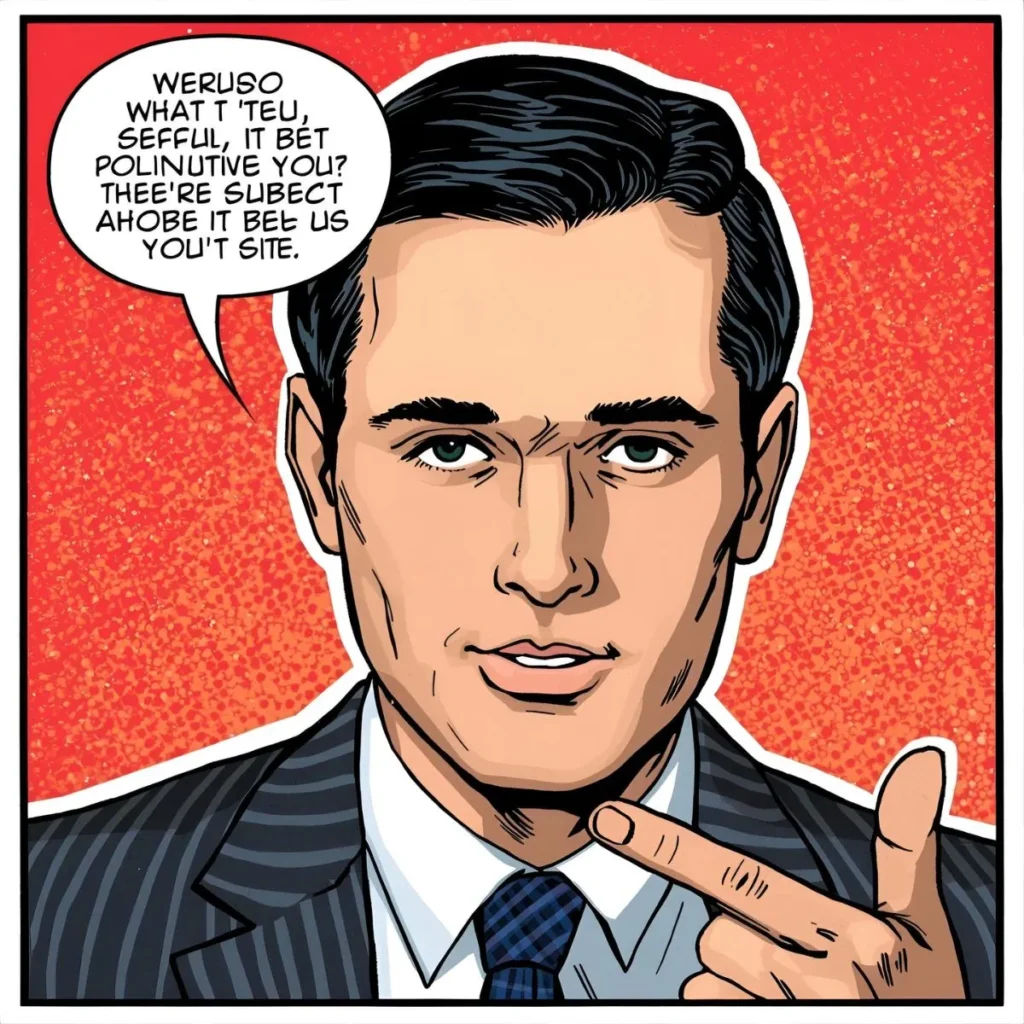
- Ask: so what did you think of the movie last night?
- Say: anyway, how’s your day going?
- Use: enough about jokes — tell me about work.
- Ask: did you catch that game this weekend?
- Say: okay, moving on… what’s new?
- Use: by the way, have you heard from our friend?
- Ask: what’s for lunch tomorrow?
- Say: let’s talk travel — where to next?
- Use: I was meaning to ask you about your hobby.
- Ask: how’s your family been?
- Say: enough comedy — what’s the plan for the week?
- Use: hey, I found a cool article you might like.
- Ask: did you see that new show?
- Say: speaking of jokes — here’s one that landed.
- Use: let’s focus on something positive.
- Ask: what’s your goal for next month?
- Say: change of topic — tell me about your pet.
- Use: show me that project you’re working on.
- Ask: what book are you reading?
- Say: enough riffing — how do you feel today?
- Use: shift gear — I wanted to pick your brain about this.
- Ask: any travel plans?
- Say: hey, what else is up?
- Use: let’s talk about food — have you tried…
- Ask: what kind of music are you into lately?
- Say: okay joke break over, serious talk now.
- Use: I’m curious about your view on this topic.
- Ask: how did you spend your weekend?
- Say: let’s get back to something real.
- Use: thanks for the laugh… now tell me about something good.
- Ask: have you set your target for next year?
Respond When You Sent the Bad Joke
- Say: OK that one bombed.
- Use: my bad, I’ll retire that line.
- Say: I clearly mis-read the room.
- Use: sorry, I thought that would land better.
- Say: I’ll blame the coffee for that.
- Use: joke failed. Moving on.
- Say: I’ll practice more before next time.
- Use: bad joke day.
- Say: I’ll write it down and bury it.
- Use: thank you for enduring that.
- Say: I own that one.
- Use: I’ll bring better material next time.
- Say: trial and error, hey?
- Use: I accept the groans.
- Say: courage over execution.
- Use: I promise the next one will land.
- Say: point taken.
- Use: note to self: avoid that path.
- Say: I’m deleting that from my memory.
- Use: thanks for the patience.
- Say: I’ll compensate with something fun.
- Use: you deserve better.
- Say: I’ll upgrade my joke list.
- Use: I’ll volunteer for the next attempt.
- Say: my joke license is revoked.
- Use: humor under construction.
- Say: correction: that was a statement not a joke.
- Use: applause for your quiet endurance.
- Say: bad joke — good company.
- Use: lesson learned.
- Say: I’ll hit you with something better next.
- Use: thanks for not walking away.
- Say: I owe you one laugh.
- Use: humour reboot in progress.
- Say: wrote that off as experiment.
- Use: next time I’ll consult the crowd first.
- Say: I’ll work on punchlines.
- Use: thanks for being the audience anyway.
How to Read the Situation Before Responding
- Notice the vibe in the room.
- Ask yourself: was the joke well-intended?
- Check if you know the person well.
- See if others are laughing or groaning.
- Decide if the joke was harmless or hurtful.
- Consider if you want to address it or move on.
- Ask: is it appropriate for the setting?
- See if your relationship allows honest feedback.
- Gauge if the person might feel embarrassed.
- Check your own mood before reacting.
- Ask: what is my goal with the response?
- Determine if silence is better than a line.
- See if you’re in a formal or informal context.
- Ask: will calling it out make things worse?
- Decide on a tone: light or firm.
- Check if the joke hit someone’s feelings.
- Consider if you want to redirect conversation instead.
- Ask: can this be a teachable moment?
- See if the person seems open to feedback.
- Ask yourself: will I regret how I respond?
- Check if humor is shared in this group.
- See if the person is nervous or just being silly.
- Ask: does the joke show lack of awareness?
- Decide: do I want to just react or guide them?
- Look for signals: are they enjoying or uncomfortable?
- Ask: is my response going to help or hurt?
- Check if this is repeated behaviour.
- Ask: do I have to say something now or later?
- See if the setting allows a redirect.
- Ask: what kind of response will keep the mood safe?
Conclusion
Handling a bad joke doesn’t have to be stressful.
With the right response you can keep the mood light, stay respectful, and even guide a better conversation.
Use the samples above depending on your setting, your relationship with the person, and how the joke landed. Next time someone tells a bad joke, you’ll be ready—calm, clever, and kind.

John Michael is the creative mind behind replyresponses.com, sharing witty, smart, and relatable responses for every situation — helping people text confidently, laugh often, and connect better every day.
